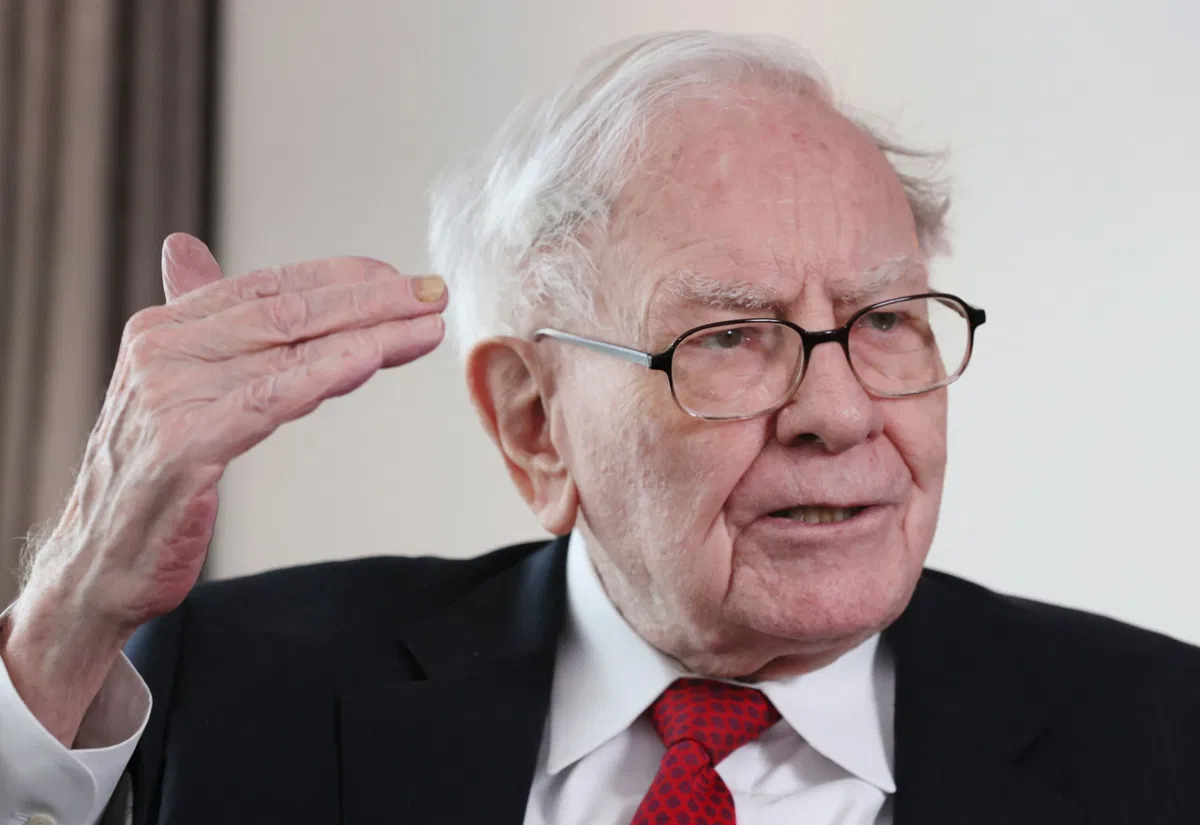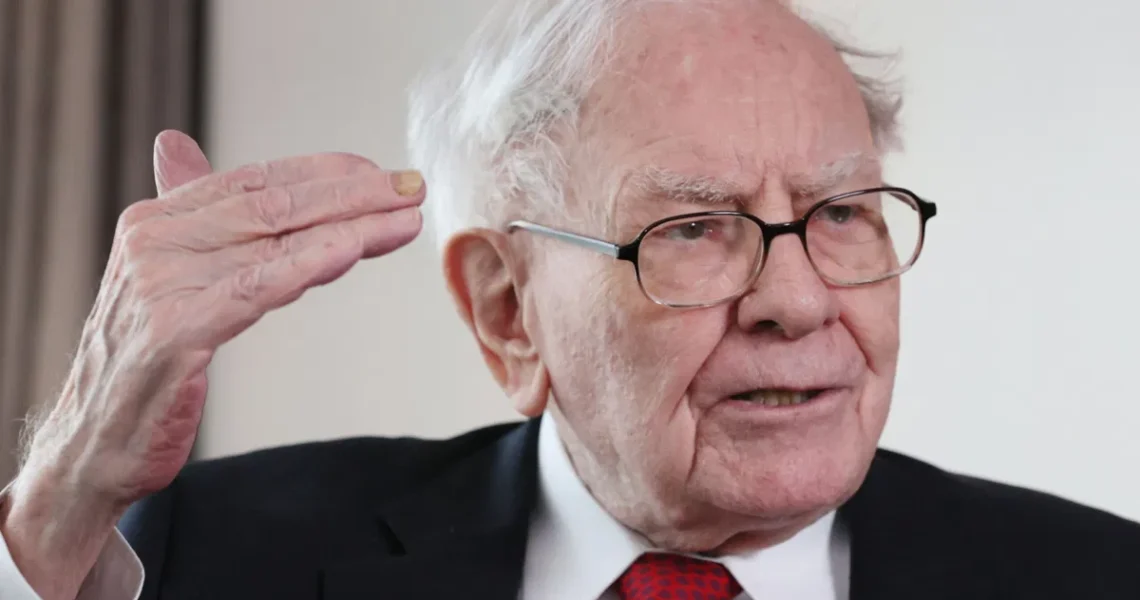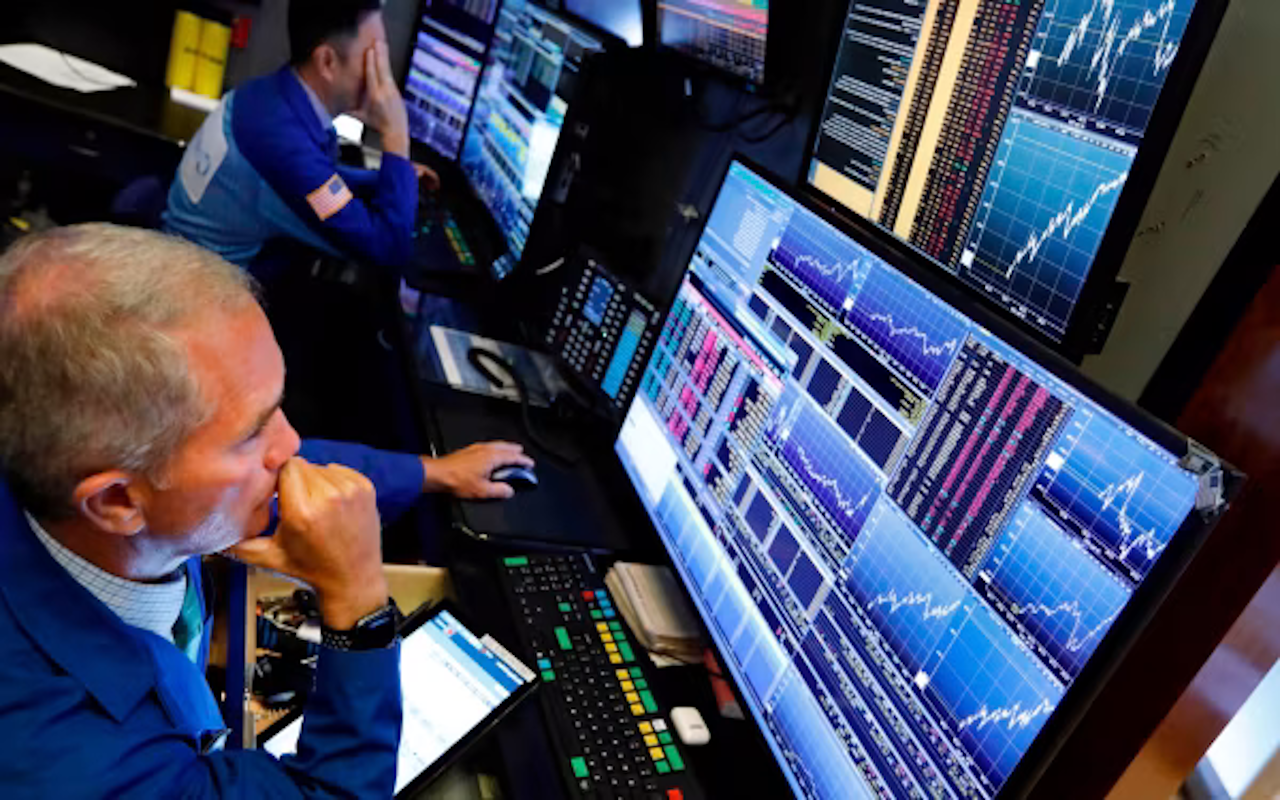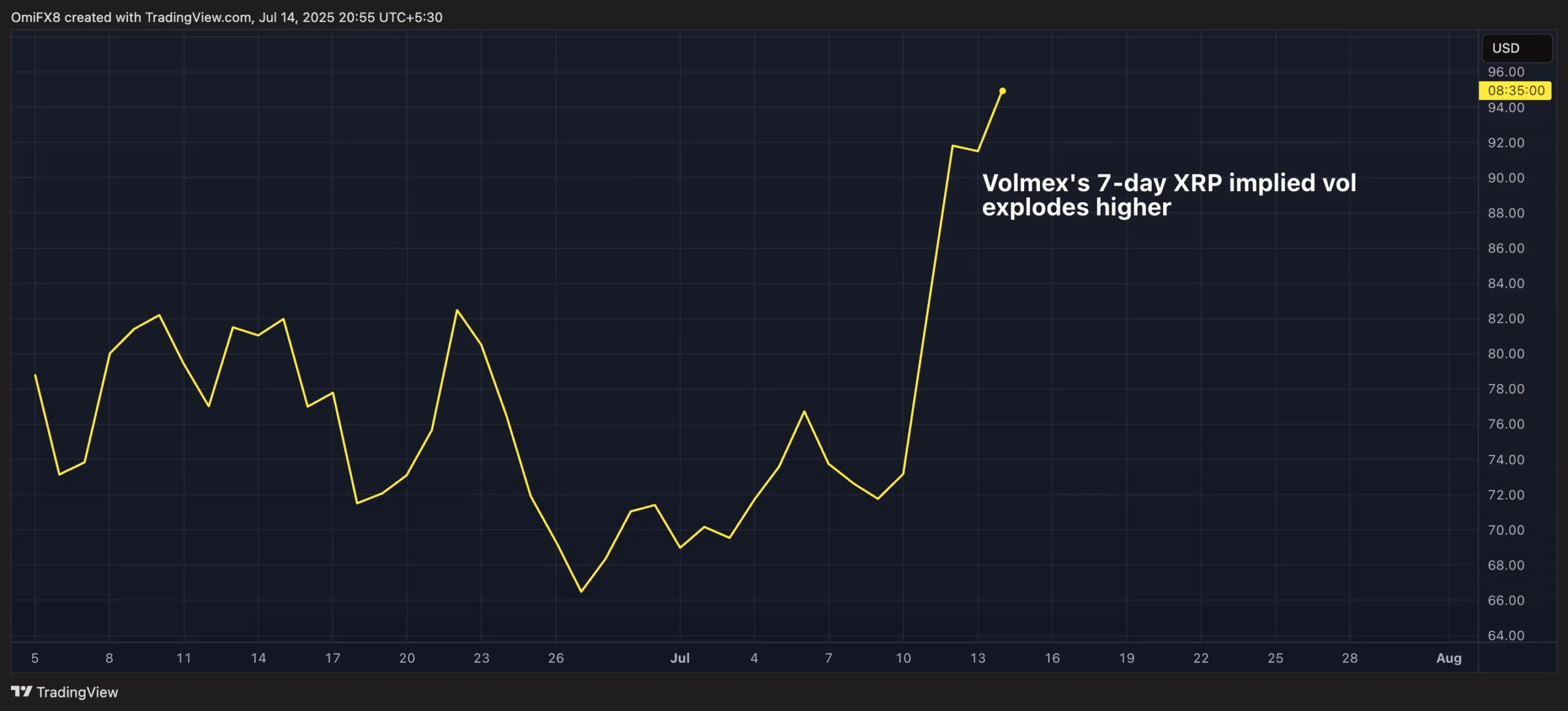Berkshire Earnings Dip, Warns on Tariffs
Warren Buffett’s vast conglomerate, Berkshire Hathaway (BRK.B), released its first-quarter 2025 financial results on Saturday, revealing a decline in key profitability measures. The company’s operating earnings experienced a notable drop compared to the previous year, falling short of analyst expectations.

Berkshire Earnings Dip, Warns on Tariffs
Furthermore, Berkshire Hathaway included explicit warnings in its earnings report about the increasing uncertainty created by factors such as international trade policies and tariffs, cautioning that these could negatively impact future performance.
Understanding Berkshire’s Business Model
Berkshire Hathaway is structured as a holding company overseeing a highly diversified portfolio of wholly-owned businesses and significant equity investments. Its operations span numerous sectors including property and casualty insurance (like Geico, and reinsurance operations), freight rail transportation (BNSF Railway), energy generation and distribution (Berkshire Hathaway Energy), manufacturing, services, retail (like Brooks Running), and more.
This broad exposure means the company’s performance is influenced by a wide array of economic and market conditions, making its operating earnings a closely watched indicator of the health of its underlying businesses.
Analyzing Operating Earnings
For the first three months of 2025, Berkshire Hathaway reported operating earnings of $9.64 billion. This represented a 14% decrease compared to the $11.22 billion recorded in the first quarter of 2024. On a per-share basis for Class B shares, operating earnings were $4.47 last quarter, down from $5.20 a year prior.
These figures fell short of analyst forecasts, missing the estimate of $4.89 per share from UBS and the overall consensus estimate of $4.72 per share from four analysts tracked by FactSet. This miss indicated that the performance of Berkshire’s core businesses was weaker than anticipated by the market.
Insurance Underwriting Challenges
A significant factor contributing to the dip in operating earnings was a sharp decline in the profitability of Berkshire’s insurance underwriting segment. Profit from these operations plunged by 48.6%, falling to $1.34 billion in the first quarter of 2025 from $2.60 billion in the same period last year. Insurance is a cornerstone of Berkshire’s structure, not only as a source of profit but also for providing the “float”—premiums collected before claims are paid—which Warren Buffett utilizes for investments.
The substantial drop in underwriting profit was partly attributed to a specific major loss: Berkshire reported a $1.1 billion loss in Q1 related to the Southern California wildfires, highlighting how natural disasters can significantly impact insurance results in a given quarter.
Impact of Foreign Exchange Fluctuations
Beyond operational performance and insurance losses, Berkshire’s bottom line was also affected by movements in foreign exchange rates during the quarter. The company reported an approximate $713 million loss related to foreign exchange in Q1 2025. This contrasts notably with the same period last year, when Berkshire benefited from a $597 million forex gain.
This swing impacted overall reported earnings and reflected the weakening of the U.S. dollar in the first quarter, as the dollar index fell by nearly 4% and lost 4.6% against the Japanese yen. Foreign exchange gains and losses influence Berkshire’s results due to its international operations and investments denominated in foreign currencies.
Corporate Warning on Tariffs and Geopolitical Uncertainty
Perhaps most notably, Berkshire Hathaway’s earnings report contained explicit language regarding the potential negative impacts of external uncertainties, specifically mentioning trade policy. The company stated that President Donald Trump’s tariffs and other geopolitical risks are creating an uncertain environment for the conglomerate and its diverse businesses, including major units like BNSF railway, Brooks Running, and Geico insurance.
The report highlighted that the pace of changes in these external events, including “international trade policies and tariffs,” has “accelerated in 2025,” and “considerable uncertainty remains as to the ultimate outcome of these events.”
Berkshire warned that it is currently unable to reliably predict the potential impact on its businesses, specifying concerns about how tariffs and other factors could influence “changes in product costs, supply chain costs and efficiency, and customer demand for our products and services.” This corporate warning underscores the real-world concerns a company like Berkshire, with its complex global footprint, has regarding trade tensions.
Cash Position and Stock Strategy
Amidst the mixed operating earnings results and external warnings, Berkshire’s cash holdings reached a new record high during the first quarter, ballooning to more than $347 billion, up from around $334 billion at the end of 2024. This indicates that Warren Buffett did not significantly deploy Berkshire’s vast cash reserves to buy stocks or businesses during the quarter, despite a dip in the broader stock market.
In fact, Berkshire continued its pattern of being a net seller of stocks for the 10th consecutive quarter, suggesting a cautious stance or a lack of attractive investment opportunities meeting Buffett’s criteria at current valuations. The growing cash pile could be seen partly as a reflection of the same “uncertain environment” that the company cited in its warning about tariffs and geopolitical events.
Overall vs. Operating Earnings
While Berkshire’s operating earnings fell by 14%, the company’s overall earnings plunged by nearly 64% year over year in the first quarter. However, Berkshire consistently advises investors to look past the quarterly volatility of overall earnings. The dramatic swings in the overall figure are primarily driven by fluctuations in the value of Berkshire’s large portfolio of publicly traded stocks, which can be significantly impacted by short-term market movements.
As Berkshire’s earnings release itself stated, the amount of investment gains or losses in any given quarter is “usually meaningless” and can produce figures that are “extremely misleading” to those unfamiliar with accounting rules for valuing investments. The company’s focus, and what it encourages investors to track, remains the performance of its underlying operating earnings from its businesses, even though those also saw a decline this quarter.
Stock Performance Context
Despite the dip in operating earnings and the plunge in overall reported earnings, Berkshire Hathaway’s stock has enjoyed a stellar performance year-to-date in 2025. Class A shares of Berkshire are up nearly 19% in 2025, significantly outperforming the broader market. The S&P 500 index, in contrast, is down 3.3% over the same period. Berkshire’s relative strength in the market is seen by some as a reflection of its perceived safety and the resilience of its diverse businesses in a climate where other sectors, including technology, have faced pressure, partly attributed in the source to uncertainty stemming from tariffs.
Navigating Uncertainty
Berkshire Hathaway’s first-quarter 2025 results present a mixed picture: a decline in operating earnings, particularly in the insurance sector impacted by specific events like wildfires; a hit from foreign exchange; but also a record high cash position and strong year-to-date stock performance contrasting with the broader market.
Crucially, the earnings report included a clear and prominent warning about the increasing uncertainty posed by external factors, specifically highlighting international trade policies and tariffs as potentially negative influences on future business performance, supply chains, costs, and customer demand. As Warren Buffett and his team navigate the remainder of 2025, managing the impacts of these unpredictable macroeconomic and geopolitical events will be a key focus for the diverse Berkshire Hathaway conglomerate.






